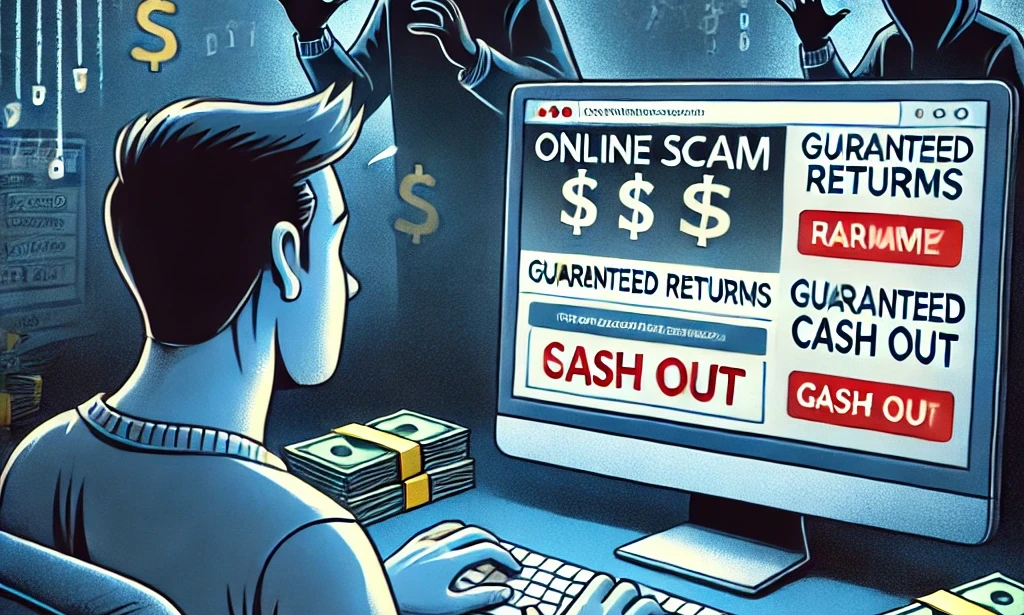Below is a comprehensive “scam or legit” review of Dice Dreams, covering its gameplay mechanics, developer background, revenue sources, user‑reported red flags, and an analysis of whether it qualifies as a Ponzi scheme.
A standalone summary appears first, followed by detailed sections.
Dice Dreams is a free‑to‑play mobile board‑game hybrid by Israeli studio SuperPlay that launched in early 2020. Players roll dice to earn coins, build kingdoms, attack and steal from others—yet random “bomb” rolls and limited shield inventories drive frustration and in‑app purchases. SuperPlay, founded by former Playtika executives in 2019, has grossed over $400 million and was acquired by Playtika in a deal valuing the studio at up to $1.95 billion. Despite its commercial success, Dice Dreams faces widespread complaints about crashes, unfulfilled rewards, pay‑to‑win mechanics, opaque RNG odds, and poor support. Some users even cite pending lawsuits calling Dice Dreams a scam, but its monetization comes from direct purchases and ads—not from funneling new player money to existing players—so it does not meet the definition of a Ponzi scheme.
Game Overview
Dice Dreams is a strategy‑style board game released for Android and iOS on February 5, 2020, developed and published by SuperPlay of Israel . Players roll virtual dice on a candy‑themed board to earn golden coins, reconstruct kingdoms, attack friends, and “Steal Coins” from adversaries . The “Steal Coins” mechanic uses specific dice icons to determine loot amounts, while rolling a bomb icon at any point abruptly ends your raid, forcing an escape and loss of accumulated loot .
Developer & Leadership
SuperPlay was founded in 2019 by industry veterans Gilad Almog (Founder & CEO), Eyal Netzer (General Manager of Dice Dreams), and Elad Drory, all formerly of Playtika . Gilad Almog leads the studio as its CEO, bringing prior experience as GM of Poker Heat at Playtika and founder of Big Blue Parrot ; Eyal Netzer manages day‑to‑day operations of Dice Dreams . In September 2024, Playtika agreed to acquire SuperPlay for $700 million upfront and up to $1.25 billion in earn‑outs, valuing the transaction at $1.95 billion .
Business Model & Sources of Income
Dice Dreams is free‑to‑download, but monetized chiefly through in‑app purchases of dice rolls, coins, event currencies, and collectible sticker packs at tiered price points . The main store uses common F2P sales tactics—combo packs, piggy‑bank offers, and progressive deals—while limited‑time events and optional ad‑watch rewards create additional microtransaction touchpoints . According to Sensor Tower, Dice Dreams has amassed over $400 million in gross player spending since launch .
Red Flags & User Complaints
- Bugs & Unfulfilled Rewards: Players on Reddit and Gambling911 report frequent crashes, freezes, and missing rewards, with support agents dismissing valid proof and refusing remediation .
- Pay‑to‑Win Progression: Numerous Google Play reviews warn that advancing past early levels requires heavy spending, and special deals become costlier with diminishing returns .
- Shield Limitations: The shield mechanic—designed to block attacks—caps at a small inventory (max 5), and excess shields convert into dice rolls, undermining defensive strategies and pressuring purchases .
- Random Bomb Mechanics: Bomb outcomes during “Steal” attempts can abruptly end a player’s run after several successful rolls, intensifying frustration and driving in‑game purchases to retry .
- Alleged Legal Action: At least one Reddit user claims they are pursuing a lawsuit against SuperPlay for breach of contract and labels Dice Dreams a “Ponzi scam” for its deceptive RNG economics .
- Deceptive Odds: Community posts accuse the developers of unrealistic dice probabilities and wheel‑spin odds, designed to push players toward paid bundles .
Ponzi Scheme Assessment
A Ponzi scheme is a fraudulent investment operation that uses funds from new investors to pay earlier investors, promising guaranteed high returns with little risk . Dice Dreams does not fit this model:
- There are no investor payouts or returns—players cannot convert game credits back into cash.
- All in‑app purchase revenue flows directly to SuperPlay for game development and operations, rather than being redistributed among players.
- The game’s monetization is transparent (store sales, ads, event purchases), not reliant on recruiting new players to pay existing ones .
Conclusion
Dice Dreams is a commercially successful free‑to‑play title backed by seasoned executives and significant venture interest, culminating in a $1.95 billion acquisition by Playtika. However, pervasive user reports of technical issues, opaque RNG mechanics, aggressive pay‑to‑win design, limited defensive options, and unhelpful support represent genuine red flags. While some players brand it a “scam” and even initiate legal action, its revenue stems from legitimate in‑app purchases and advertising—not from funneling new player funds to existing ones—so it does not qualify as a Ponzi scheme. Prospective players should proceed with caution, treat all credits as non‑refundable, and be prepared for a monetization‑heavy experience.



You must be logged in to post a comment.